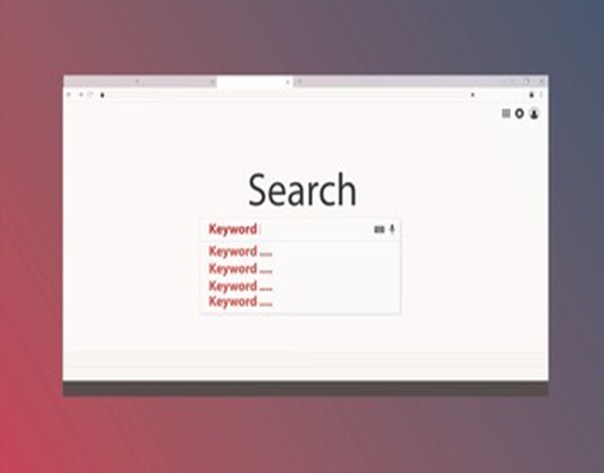If you’re not using A Long-Tail Keyword in your SEO and content marketing strategy, you’re missing out on a huge opportunity to increase traffic and conversions. Long-tail keywords are simply longer, more specific phrases (usually three or more words) that target a narrower, more niche audience than broad keywords.
Not only are long-tail keywords more targeted, but they’re also less competitive, making it easier for your site to rank higher in search engine results pages (SERPs).
Our job is to Increase Traffic and Conversions. A big part of this is targeting the right long-tail keywords. These are specific, targeted keywords that have low competition and high conversion rates. When you target these keywords, your site will see an influx in traffic and better ROI from your campaigns.
What Is A Long-Tail Keyword?

Using A Long-Tail Keyword
A long-tail keyword is a specific, niche phrase that people use to find information online. Compared to a short-tail keyword (general, high-traffic phrase), a long-tail keyword has much less competition and can be more profitable because they attract a more targeted audience.
To identify a long-tail keyword for your business, start by brainstorming all the possible topics and phrases related to your industry or services. Once you have a list of potential keywords, use a keyword research tool like Google AdWords Keyword Planner to determine their search volume and competition. Then target the best ones for your website and content marketing efforts.
How to Find the Right Long-Tail Keyword
When choosing a Long-Tail Keyword, it’s important to find a sweet spot between too many and too few. You want to target enough keywords to attract traffic, but not so many that your content becomes difficult to read or understand.
To find the right number of long-tail keywords for your website, start by using keyword research tools like Google AdWords Keyword Planner or semrush.com. These tools will help you identify popular search terms related to your niche.
Tools to Find Lists of Long-Tail Keywords
There are a few different tools that you can use. The first is Google’s keyword tool. You can access it by going to the AdWords section of Google and clicking on Tools and Analysis. Then, click on the Keyword Tool under Traffic Estimations. This will give you a list of related keywords that you can target in your marketing efforts.
Other Methods to Expand Your Keyword Lists

Finding The Right Long-Tail Keyword
One way to find potential keywords is by using Google’s Autocomplete feature. Simply type in a keyword or keyword phrase and see what suggestions Google provides.
Another great tool for finding keywords is the Ubersuggest Tool. This tool scrapes data from Google Suggest and provides you with a list of related keywords that you can then add to your list.
You can also use the Google Keyword Planner to find new keywords. The planner will show you how often particular keywords are searched for on Google, as well as other valuable information like competition levels and suggested bid prices.
Using A Long-Tail Keyword Effectively

Using A Long-Tail Keyword
If you want to use a long-tail keyword effectively, there are a few things you should keep in mind. First, don’t stuff your keywords. This will not only make your content difficult to read, but it will also get you penalized by the search engines. Second, use Variation. Varying your keywords will help you avoid keyword stuffing and also help you rank for a variety of different keywords. Finally, don’t forget about Latent Semantic Indexing (LSI). LSI is a way for search engines to understand the relationship between words and concepts. Using LSI keywords will help your content be more relevant and improve your chances of ranking for your target keywords.
The Marketing Cartel has a team of experienced internet marketers who know how to target the right long-tail keywords for your business. We use a variety of methods, including SEO, PPC, and Social Media Marketing, to get your website ranking higher in search engines and drive more traffic to your site. We also specialize in conversion rate optimization, so we can help you turn that traffic into leads and sales. Contact us today to learn more about how we can help you boost your traffic and conversions.


